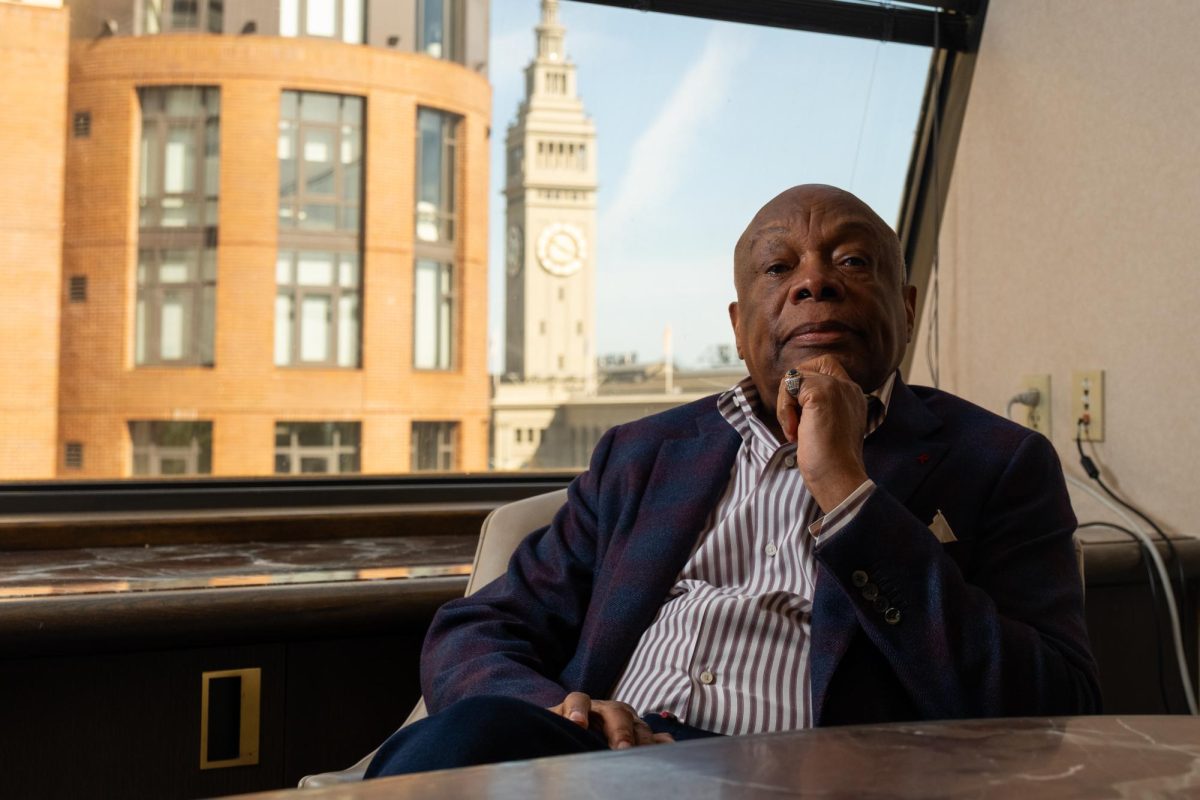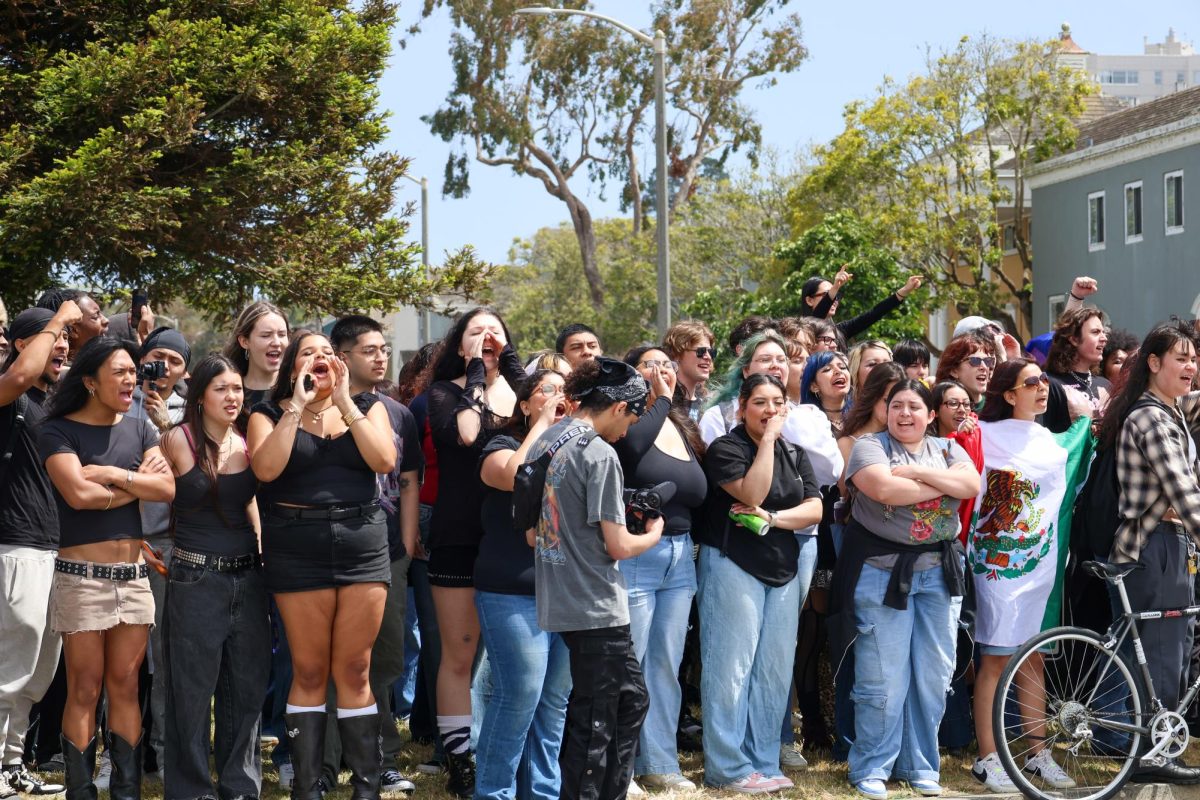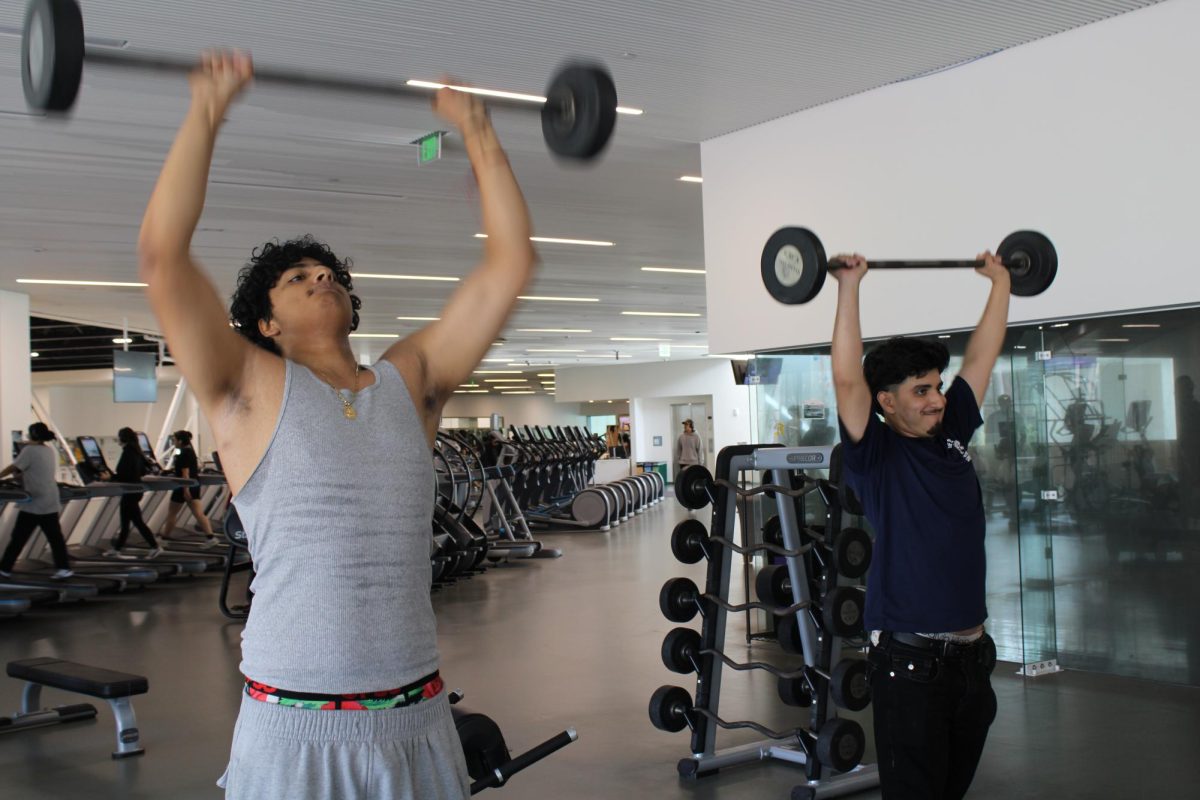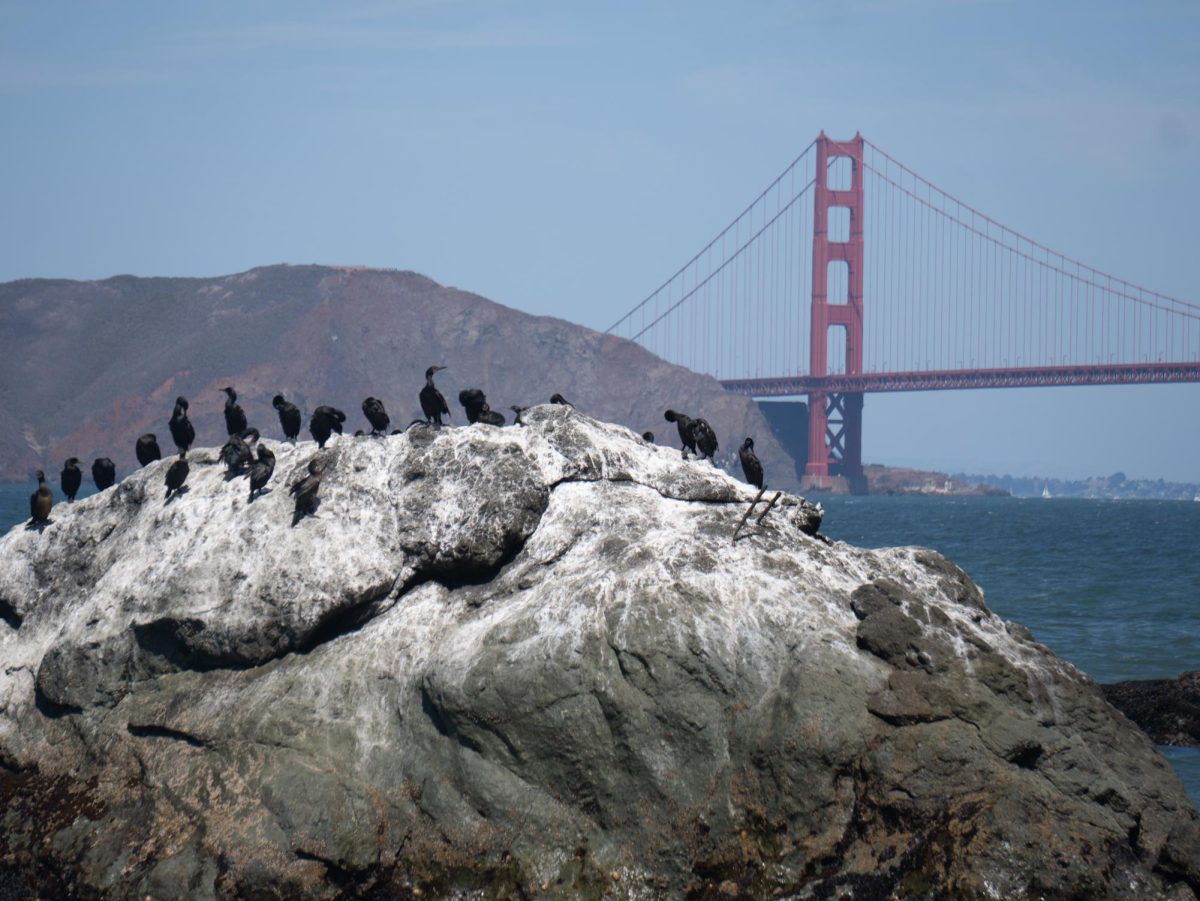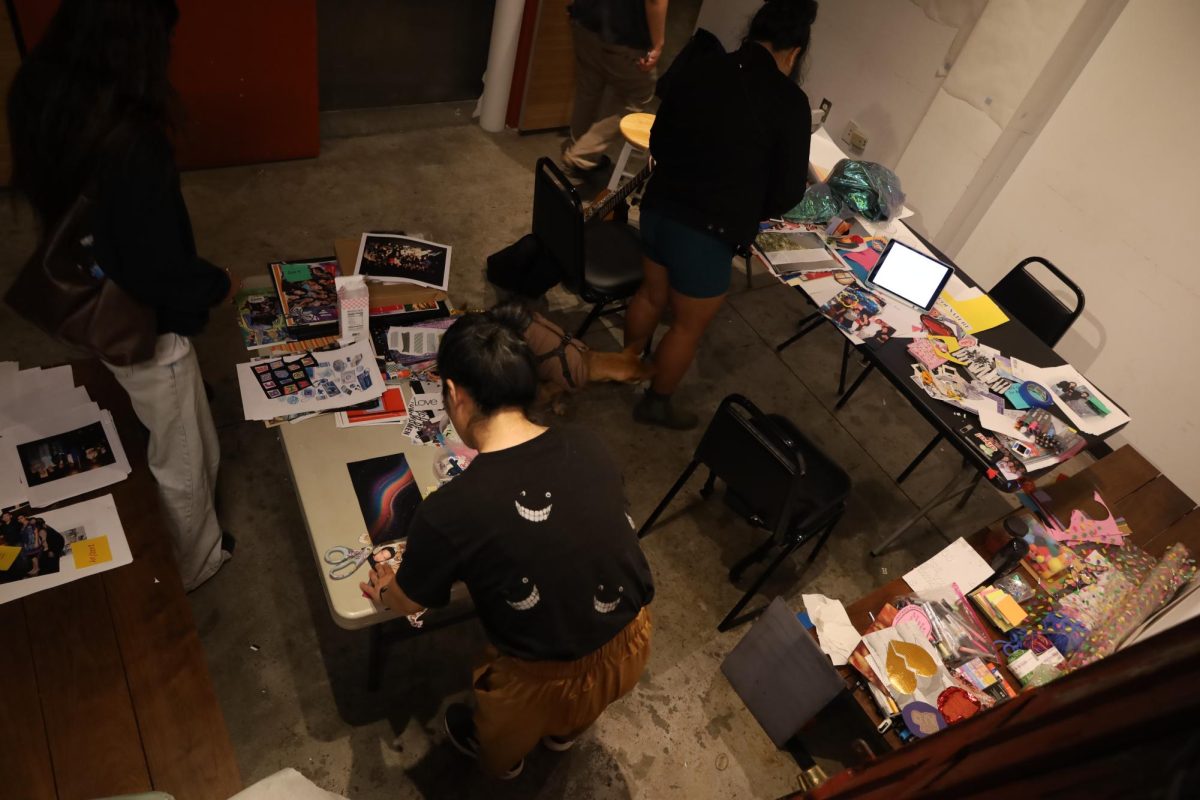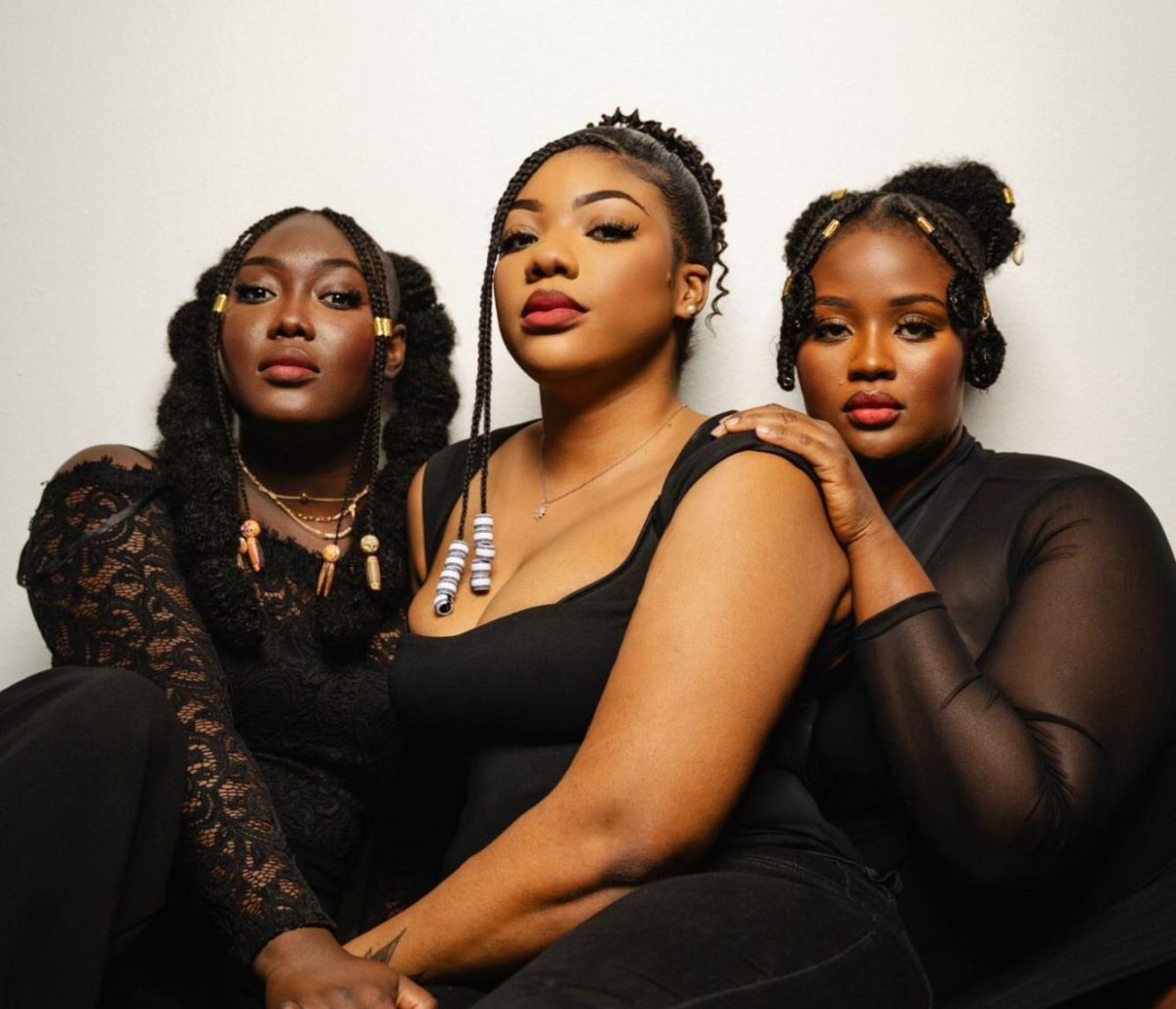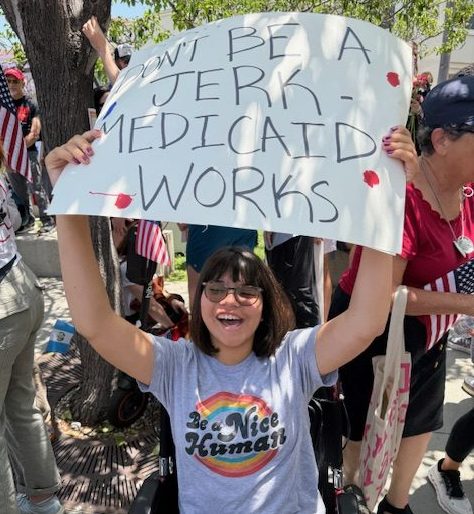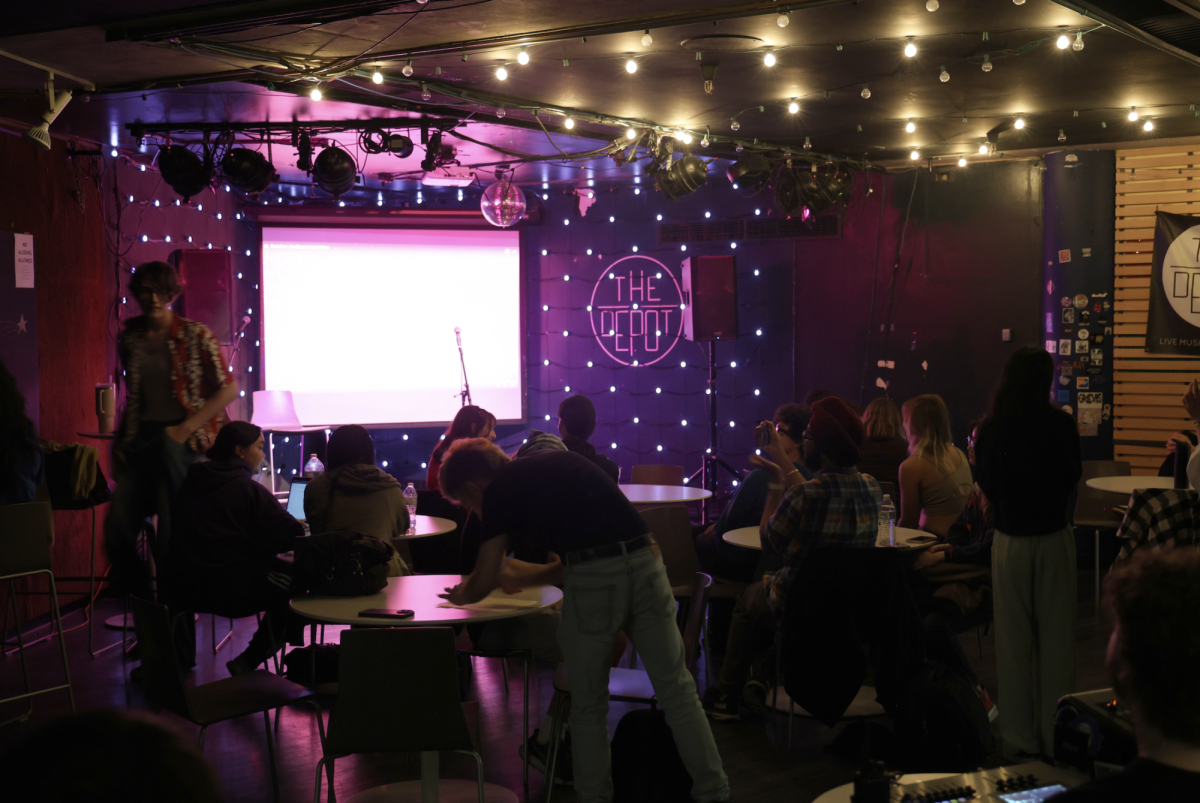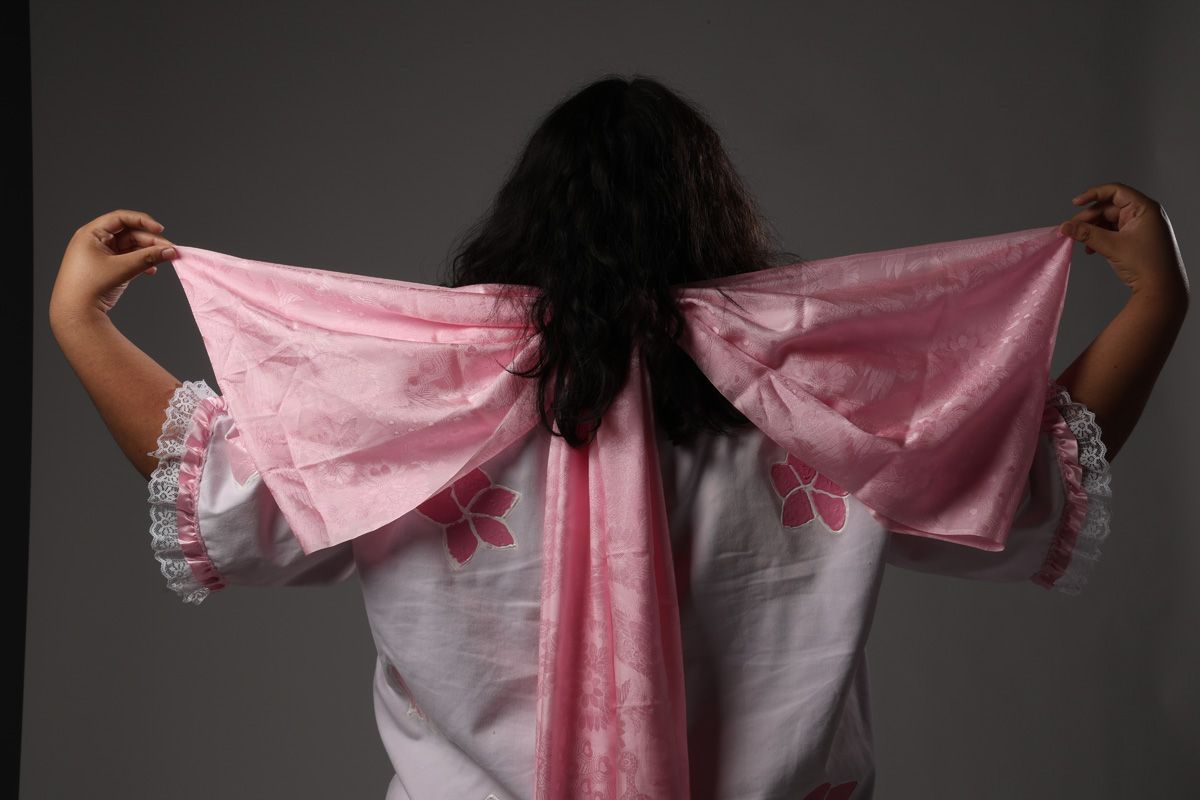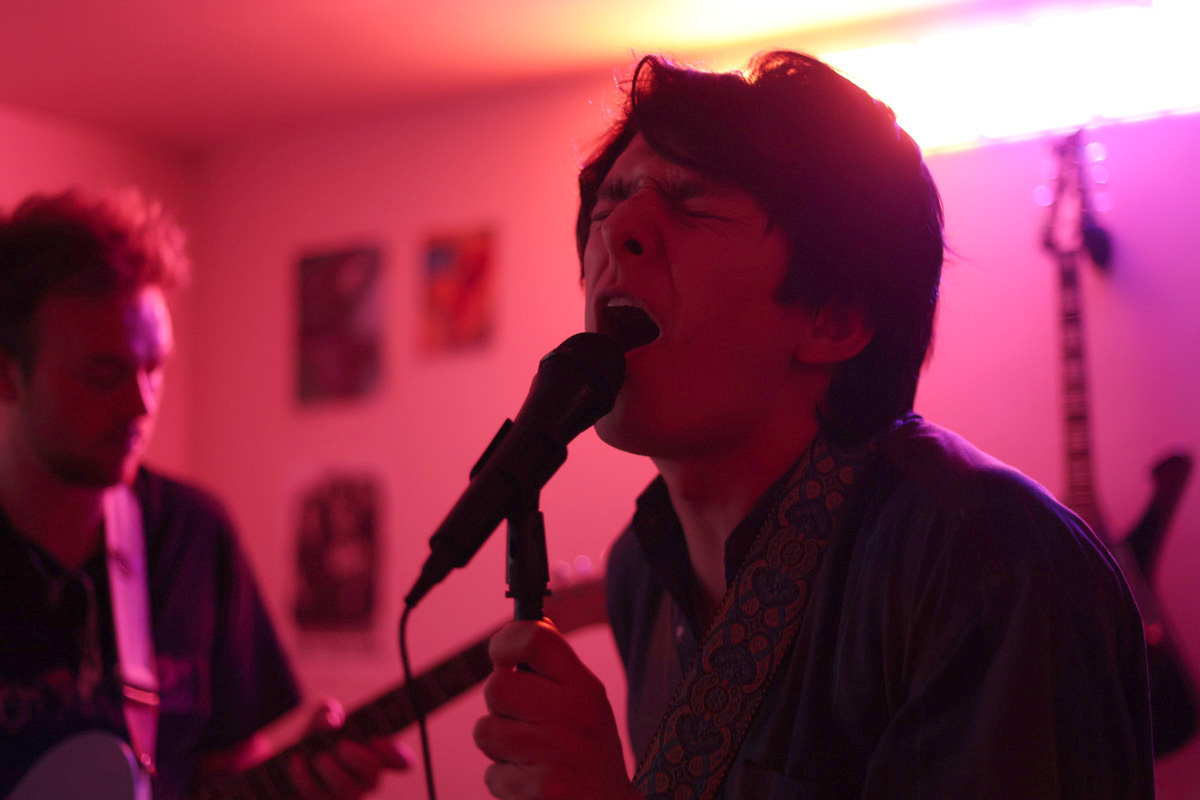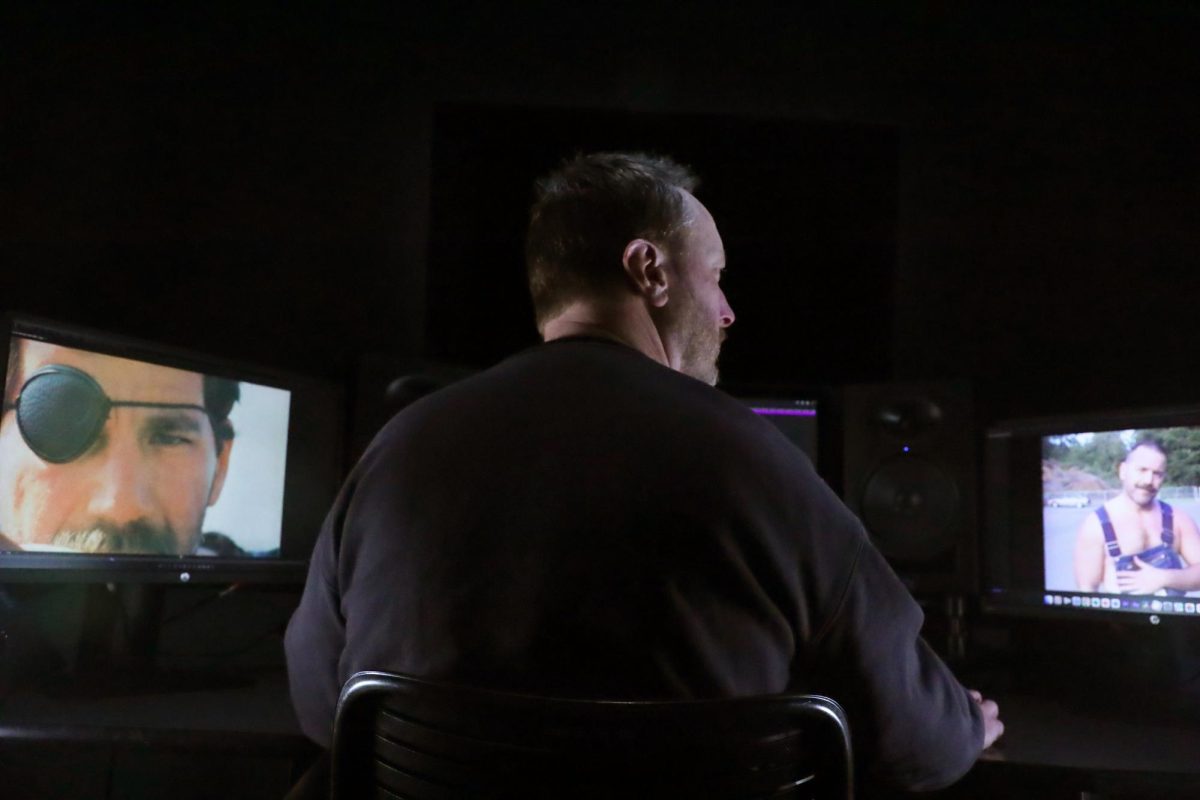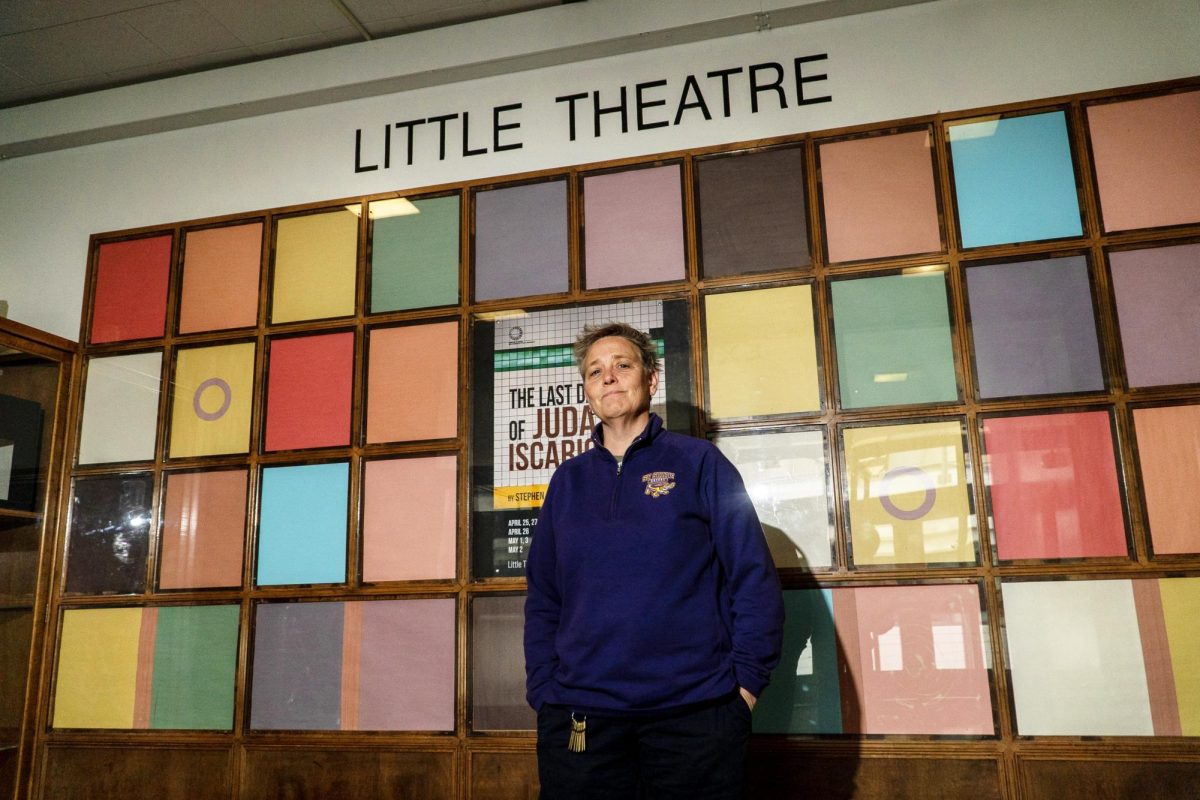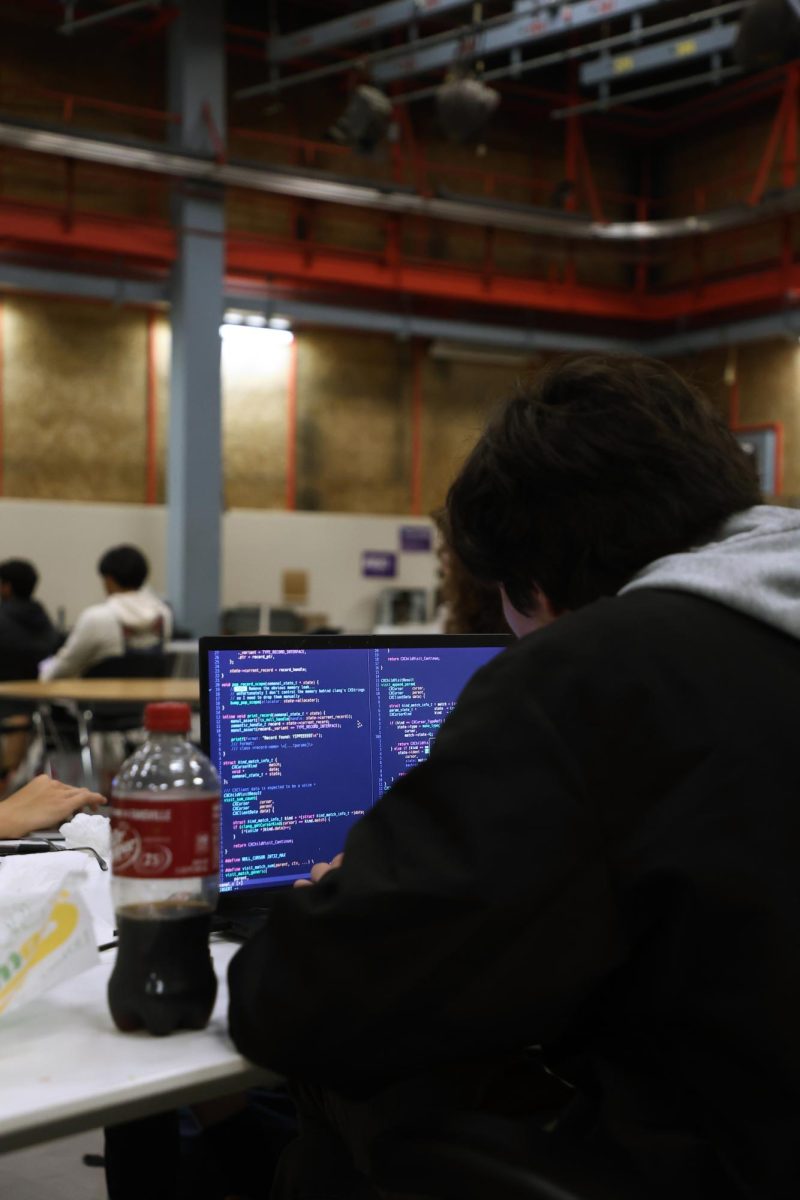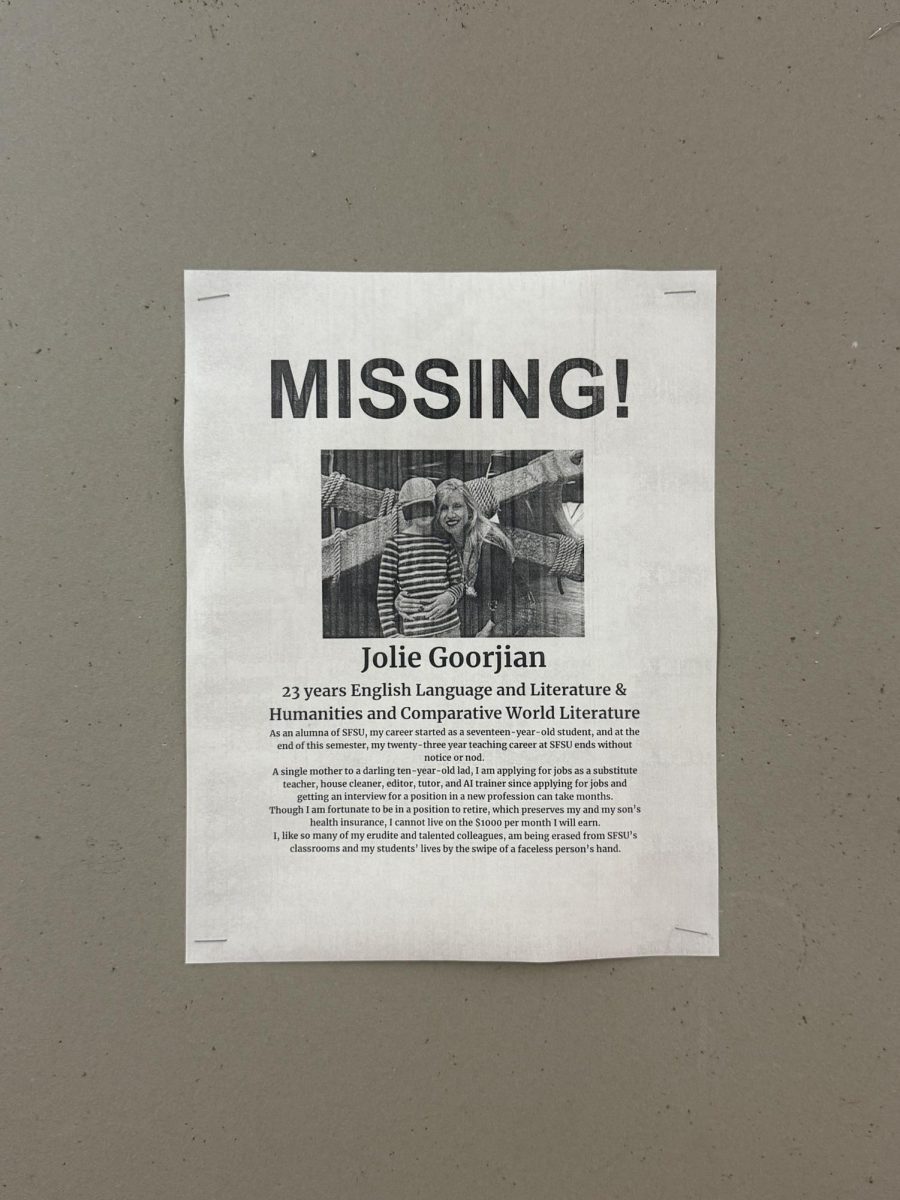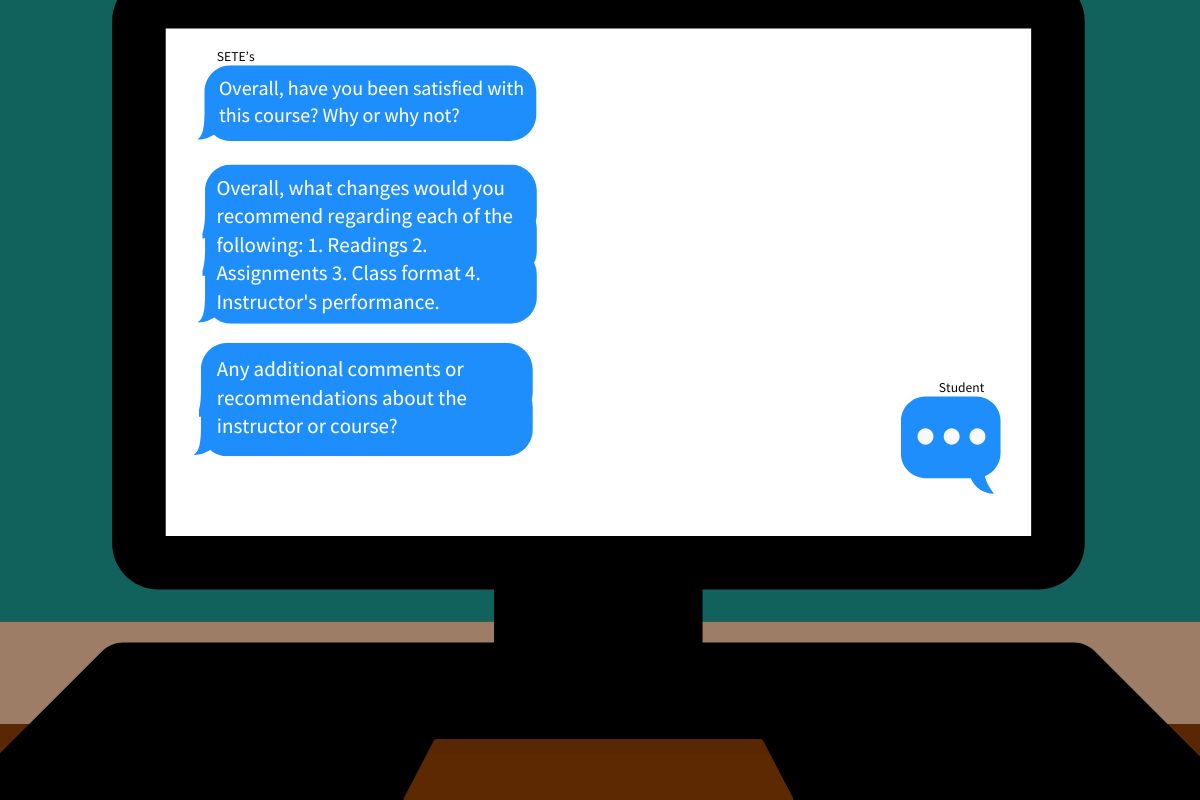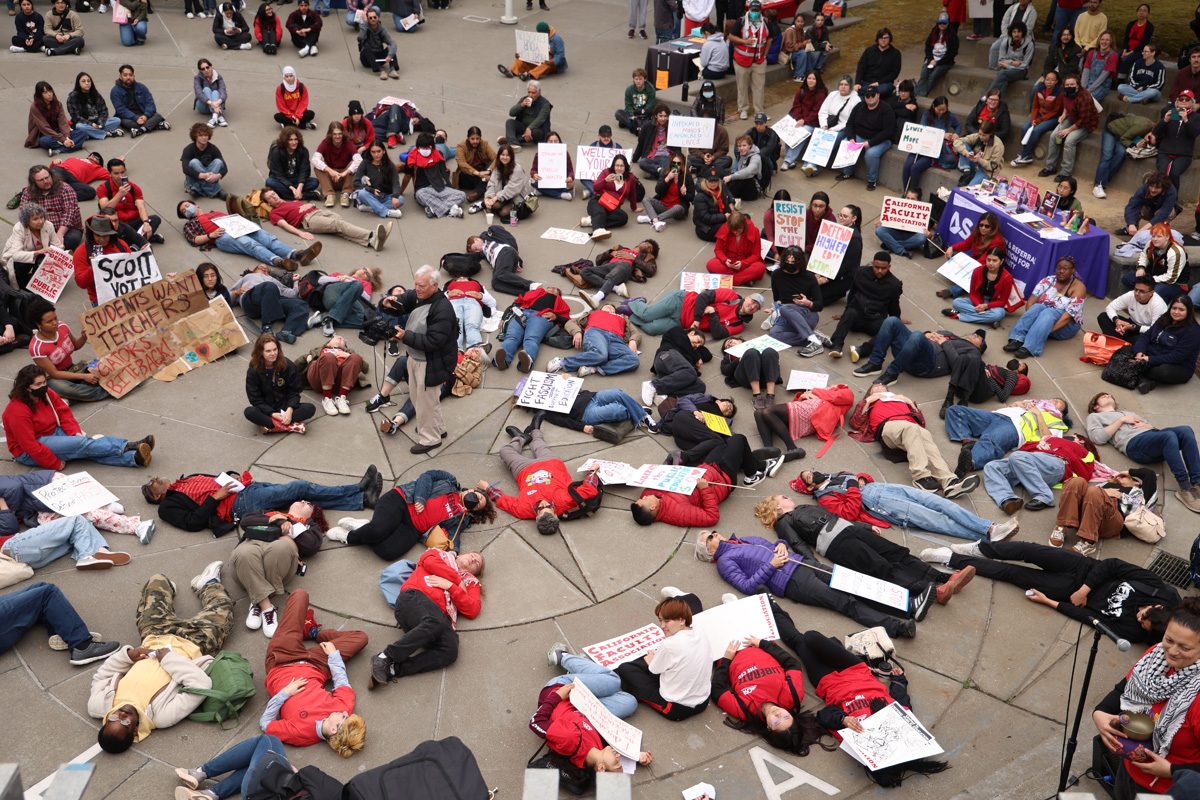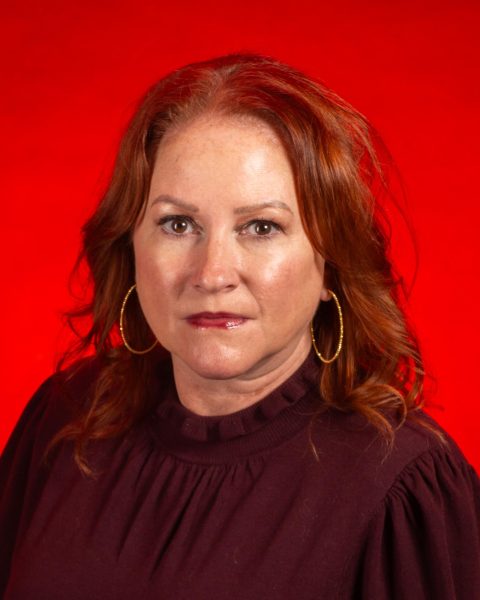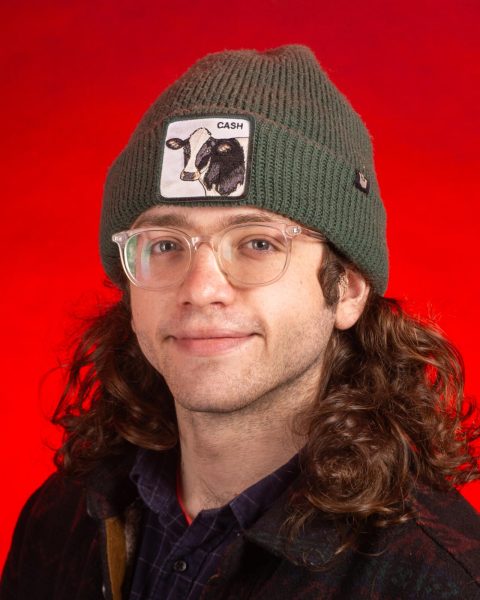On the morning of March 20, former mayor Willie Brown awoke from his sleep, but this wasn’t any normal day—it was his birthday. An important part of the fabric of San Francisco, the spry 90-year-old was the city’s first Black Mayor and a decorated political veteran. He was a California State Assembly member, as well as its first Black speaker. Throughout his career in California politics, he became known as a defender of civil rights for the LGTBQ+ community and a living example of discipline across the political spectrum.
Brown is also a proud SF State alum. After graduating in 1955, he went to law school at UC Law San Francisco. He was also involved in civil rights advocacy and was a member of the National Association for the Advancement of Colored People. Following his career, he founded the Willie L. Brown, Jr. Fellowship program, which places SF State students in local government internships.
Xpress recently sat down with Brown to discuss his experience in politics and his long and interesting life. This interview was edited for clarity and length.
How did you get interested in public service?
When I graduated from law school, it was a natural [transition], because I had done so many things while in college—the fraternity that I was a member of at SF State, Delta Omicron Alpha Phi Alpha, and then, of course, [my] membership in the NAACP Youth Council, of which I was national vice president. I was also in a theatrical performing company that was directed by [Judge] Joseph Kennedy.
A combination of all those things caused me to become acquainted with the Burton family. The Burton family was a family of the political types, and that caused me to really want to be a part of the public policymaking period.
Is being part of the scene what helps you get through the doors that would normally be very challenging to get through?
Well, I think the whole business in that day and age of going to college was a big, big thing, particularly when you go to a four-year college. Most of the people that I knew in San Francisco initially went to the City College of San Francisco, out in the Ingleside area, and only a few went to the four-year institution out there, or the four-year institution over in the Richmond [District], part of San Francisco, called USF. The ones that went there were the athletes, basketball players. The people who went [to] SF State were the veterans who had the GI Bill to support their being in college. Only a few of us were actual high school graduates going into school beyond high school for the first time. So it was an interesting way in which I made the transition from high school, ultimately, to graduate school.
How did it feel to be the first African American mayor of San Francisco?
It was quite an honor, and I still accept it as an honor. But it was a great challenge because I defeated an incumbent former police chief for the city. And [20 years ago,] the city was almost as unresponsive as it has been since the pandemic.
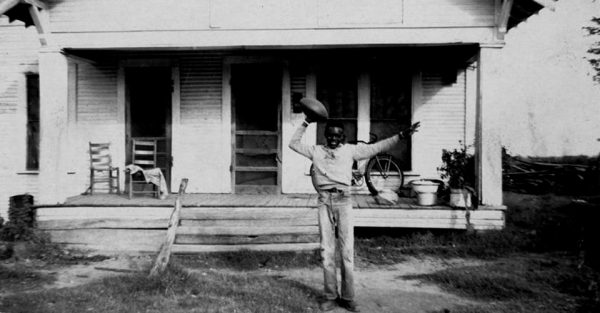
So you’ve had a very long and illustrious career. What’s been your favorite chapter?
Being the mayor of San Francisco, by anybody’s evaluation, would be a highlight, if not the best, because at that time, you are the mayor of a city with the authority and the power vested in the mayor of this city, by virtue of a vote of the people—you really ran the city, as if it was a company. And all of the people who were in other electoral positions were, in every manner, desirous of cooperating to make things really work. My candidacy and my performance was based on that. And that was a great joy because for more than 30 years, I had been a legislator. In [the] capacity of being a legislator, I had done lots of good things for the whole state, but nothing compared to being mayor of San Francisco.
What do you think the most difficult chapter has been for you?
I don’t think any task could be considered difficult, because I have virtually succeeded at all of them. So they clearly were not too difficult.
Why did you create the Willie Brown Fellowship?
I created something that I thought would afford the opportunity for people at SF State, who may have just a fleeting interest in public service, to become a true public servant, either through the electoral process or through helping somebody get elected, and then ultimately serve in through the appointment process on a board or commission, or through the process of doing a civil service and becoming a part of the system.
No such thing existed at the local level, and that gave me the opportunity to make sure that my successors, after eight years of being the mayor, would have available to that person—or those persons, over the years—quality staffers. And that’s what caused me to have the institute that’s associated with SF State. And it has been, frankly, quite productive for people who might want to do public service. And they get exposed to public service by actually working in some capacity in the city and county of San Francisco, in some department or some agency of their choice.
We hear a lot about the San Francisco doom loop. What’s your take on it?
Well, that’s all misrepresentation—a press misrepresentation mainly, and it’s interestingly enough, national press misrepresentation, because our local press is virtually not current, so to speak. You now know that the stories you’re reading in San Francisco are already three days old.
Mayor Breed has talked about her big plans for downtown San Francisco and the Black to San Francisco initiative. How would you like to see SF State integrated into the programs she’s talked about for historically Black colleges and universities?
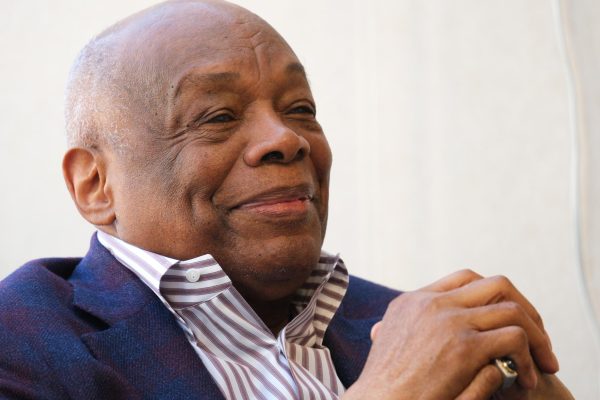
I hope that San Francisco State will become a college with a downtown campus, similar to what has occurred in New York, and in Boston, and in Chicago, where campuses and college students have been much a part of this scene in a location. To the extent that students are part of the location, it ensures that the quality of life becomes influenced by the student body, so to speak, and especially if they can live within walking distance of their educational establishment.
How do you think we can attract Black students to come and then stay to graduate from the university?
There’s competition now from colleges, all over the country, for students. The cost of going to these schools are now pretty much dependent upon the student payment plans. It is clear, however, that whichever university or college comes forward with the most affordable opportunity for quality advancement in higher education, that’s what will attract the students, period, and that clearly, in the San Francisco Bay Area, includes where the student can live. The cost of living in San Francisco is very high.
What concerns you the most about the future of San Francisco?
I fear that we are not as open as listeners [and] as newcomers, as we once were. At one time, it was almost for certain that San Francisco’s population was constantly being flooded with new blood. That doesn’t seem to be as much of a quality now as it once was. I fear that that will hurt [San Francisco] ultimately.
The country is more divided than ever—what would you say to students about the state of politics as we enter yet another election season?
I would hope that students would adopt that kind of program and the kind of meeting of challenges, as I did from ’51 to ’58. At all times, whatever was occurring or needed to occur in the city during my educational years, we all as students adjusted to it. When you get students back to doing it that way, they could be of tremendous help in improving the quality of the people who ascend to the positions of influence and power. The execution of that, I think, would be productive for all San Franciscans.
What are your priorities right now?
Helping other people get elected to public office, and helping those who might already have the skills that are in public office to retain their position. People like Mayor Breed, people like Congresswoman Pelosi—people who are in those categories—need assistance in getting elected and re-elected. My priority is to see that my time is spent, to the extent I can, being of assistance in achieving their success.
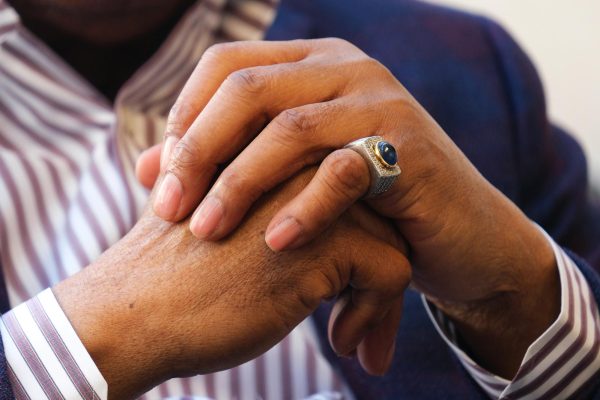
What’s your favorite thing about San Francisco?
The people of this place makes every hour of the day worth being here.
How do you want people to remember your career?
I would hope they will see the productive side of my career, evidenced by the quality of people who seek public office and get elected to public office.
Is there anything else you’d like to say to the students of SF State?
Looking forward to a whole new crop.



